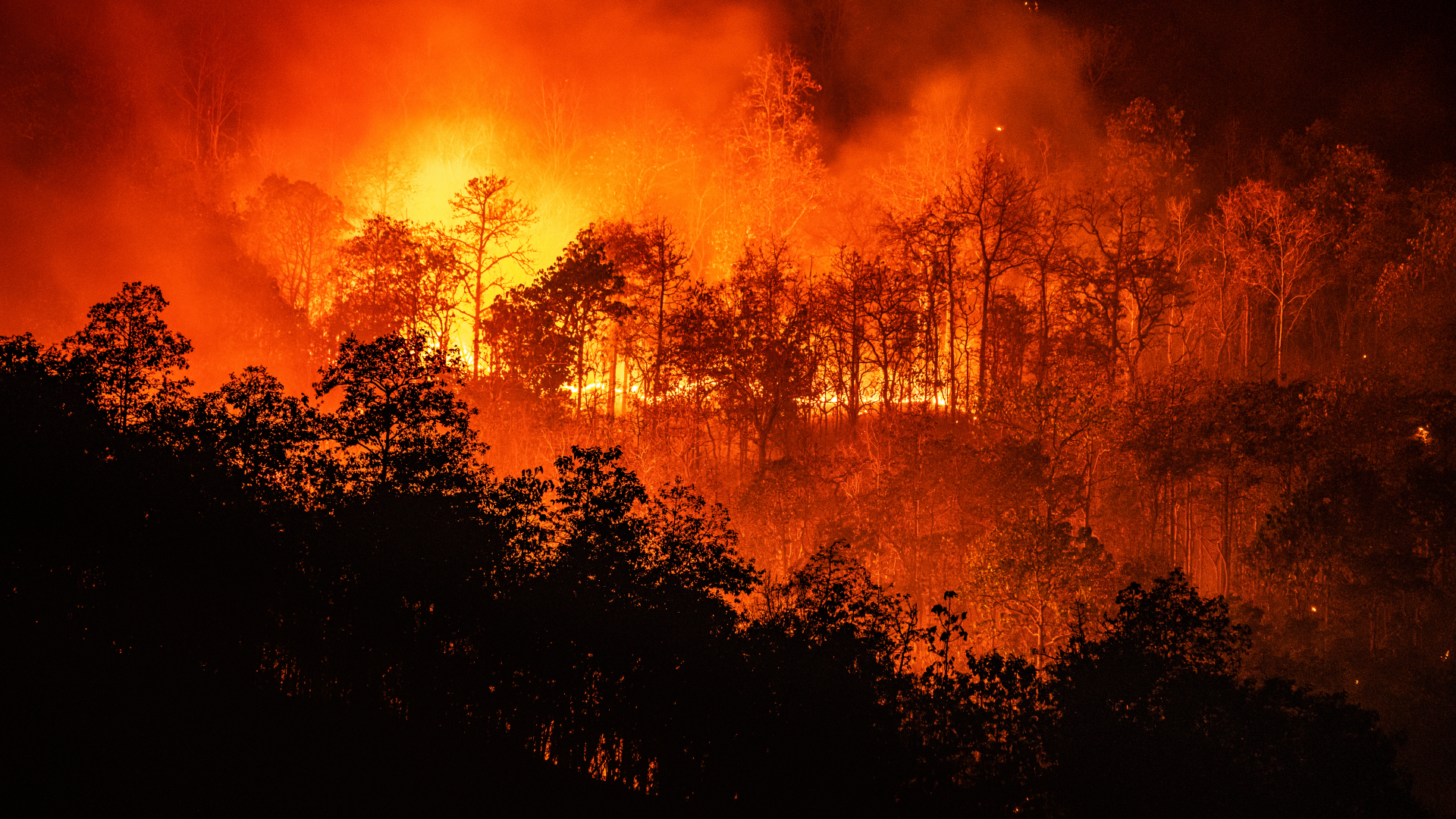
Climate crisis and elections: How many chances do we get?
The margins for achieving the much needed green transition that will mitigate the effects of the climate crisis and lay a solid and just foundation for tomorrow are narrowing.
According to the IPCC, 1 global greenhouse gas emissions must peak before 2025 at the latest, and according to the UN, 2 we need to cut global emissions by 7.6% every year for the next decade. At the same time, it has become clear that the existing climate commitments and policies will not be enough to prevent global warming from exceeding 1.5°C. Scientific bodies from across the world have warned that if we fail to avoid this eventuality, the consequences will be devastating. In fact, it has been pointed out 3 that we are currently heading towards a 2.8°C average global temperature rise by the end of the century.
Whether we succeed or not, one thing is certain: in the coming decades we will experience significant changes.
A number of those changes have already become apparent to all of us. Severe weather events, such as prolonged heat waves and devastating floods, have become the norm rather than the exception. Noticeable changes in rainfall and weather patterns are modifying the Mediterranean climate and increasing the duration of the Greek summer and there are also alarming losses of both natural and man-made environments due to fires, desertification and rising sea levels.
Others are less easily perceived or depend on additional factors beyond the climate crisis: The increasing loss of wild animals and plants, reported to us mainly through testimonies from food producers, such as fishermen who speak of the invasion and spread of alien species or beekeepers who alert the public regarding the decreasing numbers of domestic and wild bees. The faster and wider spreading of infectious diseases due to more favourable environmental conditions and the growing possibility of new diseases to emerge, like the case of the most recent pandemic. Also increased migratory flows of people forced to leave their homes due to environmental disasters.
But there are also potential positive rather than negative changes: The possibility for ordinary people to produce the energy they consume. The energy upgrading of housing that helps to fundamentally tackle energy poverty. Discussions regarding more sustainable and humane cities, with extensive public transport networks and more green public spaces. The new possibilities for regions that have hitherto shouldered a disproportionate share of the costs due to Greece’s dependence on lignite.
At the same time, the way we produce the energy we consume is changing radically, creating enormous opportunities for economic growth, significant technological challenges but also adverse environmental and social repercussions. Thousands of wind turbines and tens of thousands of acres of solar panels have already been installed in Greece, with projections showing that their number will double by the end of the decade.
It is worth mentioning the scale of the funding required for such changes. According to a new study 4 by the New Economics Foundation, governments in Europe should be investing around 1%–1.9% of their GDP each year if they want to achieve the EU’s agreed climate targets and 2.3%-3.9% of their GDP if they want to achieve more ambitious emission reductions. For Greece in particular, which has suffered a multi-year economic crisis and has reduced opportunities to finance those much needed policies, the use of the available resources until 2026, mainly in the form of the Recovery Fund (44.3% of the 30 billion of the Fund’s budget is allocated to the green transition), 5 provides a unique opportunity.
The significance of the upcoming elections in light of such challenges should be beyond any doubt.
But how far has the public discourse in Greece evolved on the issues that the climate crisis is imperatively bringing to the fore? How familiar are voters with the political parties’ stances and policy practices on said issues, so that they can make the best possible decision, should they decide that the climate crisis is weighing heavily on their final choice in front of the ballot box?
Through the “Climate Crisis and Elections” project, Eteron addresses the need for the upcoming elections to be an opportunity for broader collective reflection and public dialogue on how Greek society will approach such a fundamental issue in the next four years. To this end, we document the candidates’ statements and the political parties’ programmatic positions regarding such issues during the election campaign, and draw up a map of the most important areas where the success of climate policies will be determined, while at the same time highlighting the importance of all these in our daily lives and the key criteria for the assessment of political parties.
References:
- IPCC, ‘The evidence is clear: the time for action is now. We can halve emissions by 2030’, 2022[↩]
- UNEP, ‘Cut global emissions by 7.6 percent every year to meet 1.5°C Paris target – UN report’, 2019[↩]
- UNEP, ‘Emissions Gap Report 2022’, 2022[↩]
- NEF, ‘Beyond the Bottom Line: how green industrial policy can drive economic change and speed up climate action’, 2023[↩]
- diaNEOsis, “The Recovery fund in Greece and Europe”, 2022 (in Greek) [↩]


